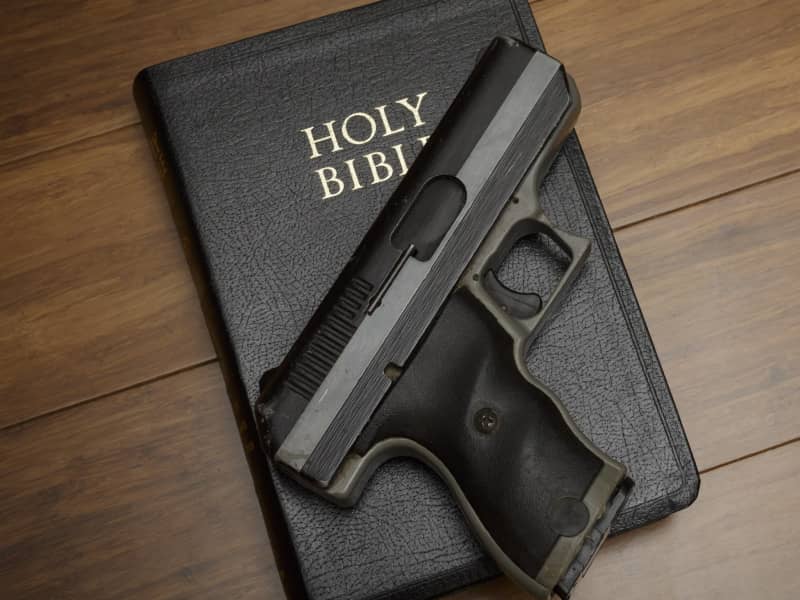The president-elect met privately for more than an hour with about 30 Christian, Muslim and Jewish clergy and scholars.
Bush said the meeting at a Baptist church was not political but at the same time acknowledged his weak showing among blacks in the November election. Just one in 10 black voters chose Bush over Vice President Al Gore, the Democratic candidate.
``Not everybody here voted for me,'' Bush said, prompting a burst of laughter from his panel. Looking around the room, he joked, ``I'm hoping to find one or two who did.''
In fact, several of his backers were on the panel, including Marvin Olasky, a Bush adviser who coined the phrase ``compassionate conservatism,'' and the Rev. Herbert Lusk, who endorsed Bush in a speech at the Republican National Convention in August.
``This is a meeting to begin a dialogue about how best to help faith-based programs change people's lives, how best government can encourage as opposed to discourage faith-based programs from performing their commonplace miracles of renewal,'' Bush said at a news conference.
``We all recognize that our society can change,'' he said. ``We're a room full of optimists.''
Bush promised during his campaign to expand the ability of spiritual organizations to provide services to the poor and said government money should go to such groups. Critics have said such an arrangement could raise church-state separation problems.
The round-table dialogue Wednesday focused on the broad concept, not on specifics, several participants said. Bush appeared to be gathering ideas as he assembles the programs, they said.
The discussion often strayed into other areas, including race relations and U.S. aid to Africa. While several participants labeled it ``cordial,'' the Rev. Eugene Rivers of Dorchester, Mass., said: ``People put their issues out there. They didn't bite their tongue.''
Rivers pressed Bush on what ``compassionate conservatism'' would mean for American policy toward Africa. Bush assured the group that Africa would be a top priority, Rivers and others said.
``I believe him,'' Rivers said. ``Churches are going to mobilize to force the issue.''
The panel also asked Bush whether businesses might be asked by his administration to provide social services, said Dean Trulear, a religion lecturer at Yale University.
There was no discussion of the election recount in Florida, which some blacks said disproportionately left their votes uncounted.
Bush's ``Office of Faith-Based Action,'' which he pledged during his campaign to establish, would serve as a liaison between government and religious groups, he said.
Several participants praised Bush simply for showing up and listening.
``There are deep wounds, wounds of segregation and injustice in society,'' said the Rev. Virgilio Elizondo, a Roman Catholic priest from San Antonio. ``It's not something we're going to solve overnight.''

